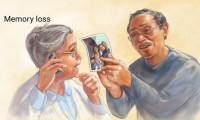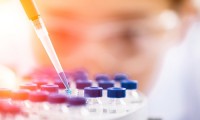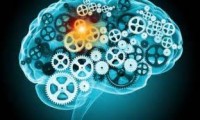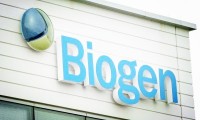-
Body clock disruptions occur years before memory loss in Alzheimer’s
- Source: medicalxpress
- 884
- February 1, 2018
-
Alzheimer’s Drug Turns Back Clock in Powerhouse of Cell
- Source: Neuroscience News
- 933
- January 12, 2018
-
New Genes Associated With Cognitive Ability Identified
- Source: neurosciencenews
- 802
- November 29, 2017
-
Biogen Increases Profit Potential on Investigational Alzheimer’s Disease Treatment Aducanumab Through Amended Agreement with Neurimmune Holding AG
- Source: media.biogen
- 676
- October 27, 2017
-
Alector and AbbVie Announce Collaboration to Advance a Novel Class of Immune Therapies for Patients with Alzheimer’s Disease
- Source: finance.yahoo
- 912
- October 26, 2017
your submission has already been received.
OK
Subscribe
Please enter a valid Email address!
Submit
The most relevant industry news & insight will be sent to you every two weeks.








